Global transformation
On a trip to Ghana, UB School of Management students and faculty have life-changing experiences and engage with local leaders and partners
March 2024
After spending time in classrooms with learners from all three levels of education in Ghana: elementary, middle/high school and college, Ajaylah Humphrey, MBA/MSW ’24, came away with one feeling — that nothing is impossible.
“The children were so excited to learn from us and they taught me many things as well,” she says. “We are all lifetime learners and their imaginations reminded me that nothing is truly impossible. I believe this is the mindset behind social innovation and leadership.”
The interdisciplinary UB students and faculty who visited Ghana in January experienced transformational moments like this throughout their entire journey. The trip was part of the Social Innovation and Entrepreneurial Leadership in Africa program, led by the UB School of Management.
For Humphrey, the trip was a perfect opportunity to combine what she’s learned as a UB graduate student in both management and social work.
“Traveling to new places and immersing yourself in another culture is crucial to being a well-rounded person, as well as a professional out in the working world today,” she says. “Everyone is living a different life, and in one way or another, we all come together.”
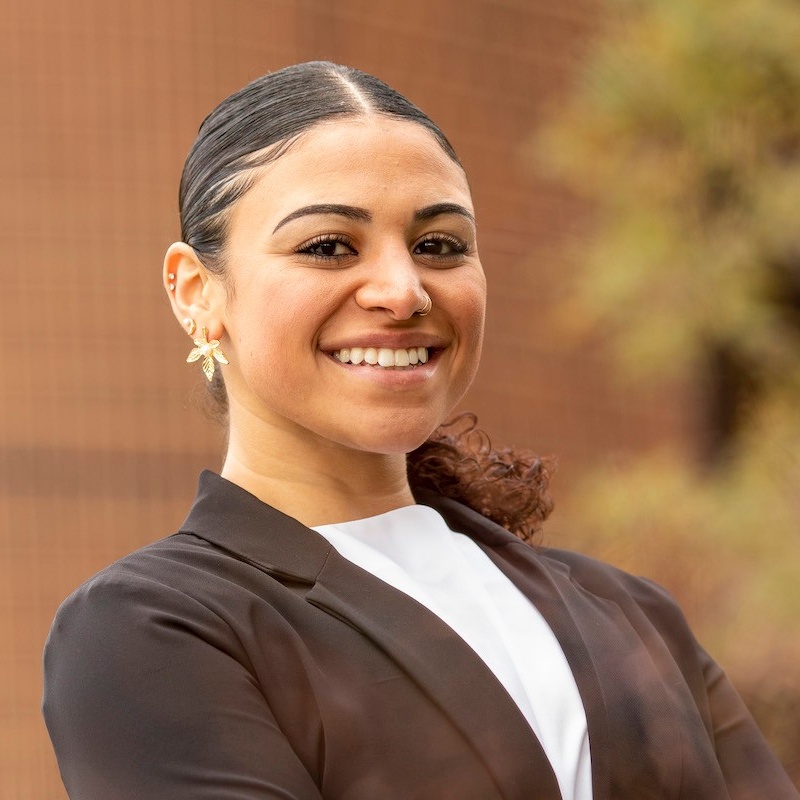
The Ghana trip has become a staple of the School of Management’s wide range of global programs. Throughout their visit, School of Management students and faculty collaborate with their peers from other UB schools, such as pharmacy, medicine, architecture, engineering, and arts and sciences.
And for the first time, the Africa program partnered with UB’s Collegiate Science and Technology Entry Program (CSTEP) to give even more students access to this life-changing experience. CSTEP empowers talented undergraduate students from underrepresented backgrounds to pursue careers in a wide range of fields.
The main portion of the trip features two distinct components. On the business side, students meet local leaders, visit companies and deepen their knowledge of social innovation and economic development by completing hands-on projects.
Meanwhile, through medical outreach, students in pharmacy, medicine and public health work together to provide high-quality, compassionate and culturally sensitive health care to patients.
Students from both groups experience the history and culture of Ghana firsthand, by visiting cultural sites and participating in language, dance, culinary and historical activities.
One of the most impactful stops on the trip for Humphrey was at Cape Coast Castle, a former slave trade fort on the Gold Coast of Ghana. She says that while the caves and tunnels of the facility, which played a significant role in the trans-Atlantic slave trade, were dark and cold, they had nothing to hide at all.
“The emptiness screamed volumes,” she says. “It was a powerful moment to be able to stand there reflecting upon the lives of my ancestors and why we work so hard to rise to the occasion today.”
In the all-girls high school Mfantsiman Girls’ Senior High School, the business and medical teams combined forces to facilitate small group discussions on such topics as attending school in the U.S., life skills, innovation, entrepreneurship and leadership.
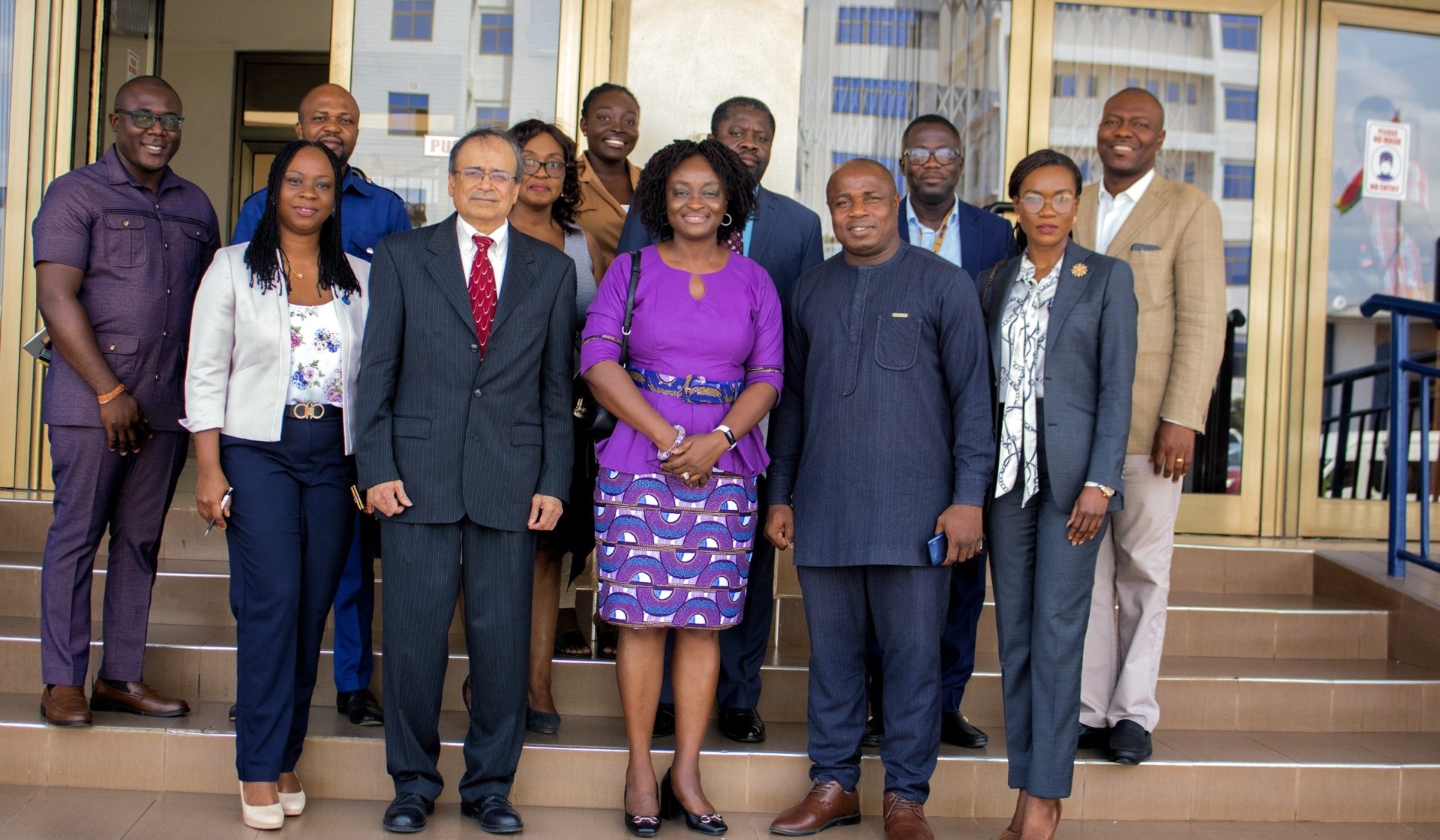
Nallan Suresh and Dorothy Siaw-Asamoah with UPSA deans, directors and faculty at the signing ceremony. Read the story.
Rounding out the experience, UB students connected with their counterparts at the University of Professional Studies, Accra. In March, a delegation returned to sign a memorandum of understanding that provides a platform for the two institutions to partner in such areas as student, faculty and researcher mobility, dual degree programs, research and joint grant collaborations, and the establishment of a research faculty consortium.
Dorothy Siaw-Asamoah, clinical professor of organization and human resources and faculty director of the Center for Leadership and Global Impact in the School of Management, says the goal of the trip is to make a transformational impact on everyone involved.
“When we engage beyond our borders, we grow and recognize the impact we have on each other — we see that we all have the same dreams and aspirations, they just come in different shapes,” she says. “My hope is that when we take the bold step outside our comfort zone, we come back fully empowered to make a difference in the world.”
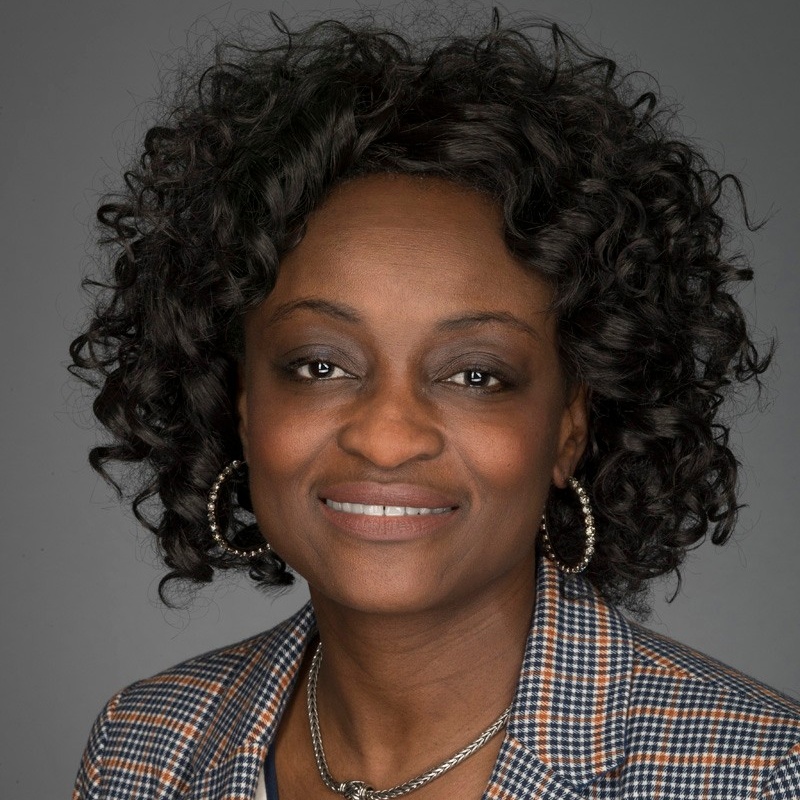
Sharing perspectives
UB students and their medical patients weren’t the only ones who had transformational experiences during the trip.
At Emerge Africa, 220 business leaders and students from across Africa and the U.S. came together in Ghana for a conference dedicated to empowering attendees to emerge as drivers of sustainability, innovation, entrepreneurship and visionary leadership — all key areas from the School of Management’s strategic initiatives.
The conference was a collaborative effort between the UB School of Management, the school’s Center for Leadership and Organizational Effectiveness, and the All-Africa Students Union as part of the school’s 100th anniversary celebration. Secretary General Peter Kwasi Kodjie welcomed travelers from near and far to share their ideas throughout the conference.
Through a blend of keynote speeches, interactive workshops and skill-building sessions, Emerge Africa built the creativity, business acumen and effective leadership qualities of its attendees. At the event, participants engaged with renowned experts, successful entrepreneurs and mentors who guided them to make a meaningful impact in their communities and beyond.
“The best part were the breakout groups, where experts gave presentations on such topics as entrepreneurship and climate change,” says Robin Marti, senior director of advancement in the School of Management. “There were great conversations going on throughout the room between our students and students from 36 countries all across Africa. The day just flew by with great learning opportunities from all different perspectives.”
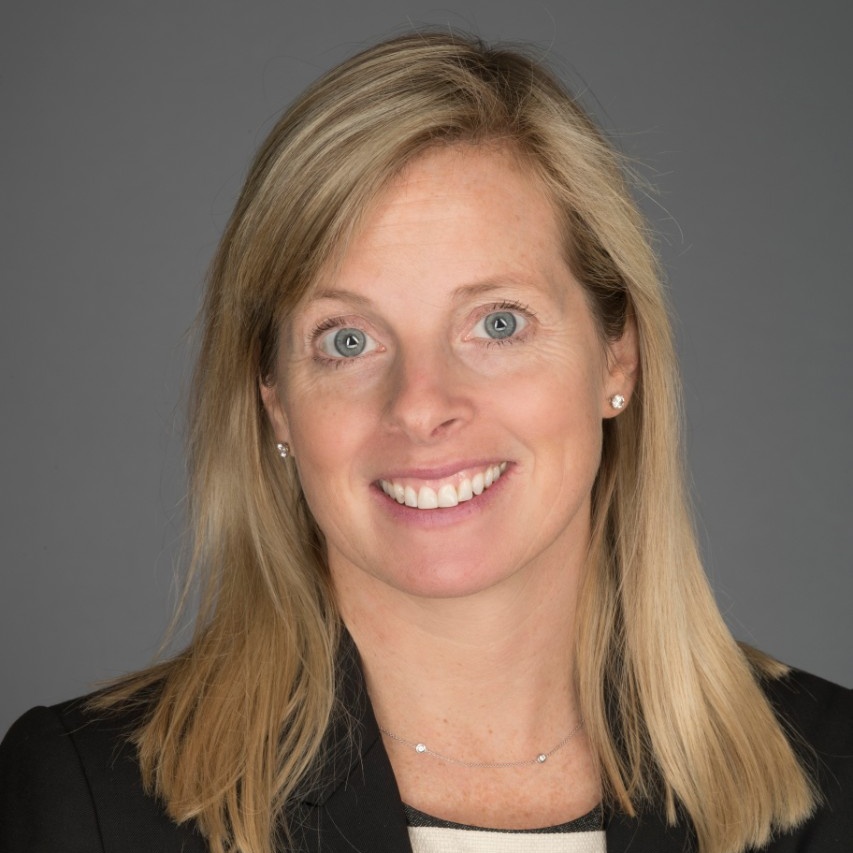
Analyzing the cocoa industry
The School of Management has built its relationship in Ghana and across Africa for years with continually expanding programs that benefit students, faculty and partners from both countries — and this year was no exception.
For the first time, this year’s trip included an academic research component. Ananth Iyer, dean and professor, and Aditya Vedantam, associate professor of operations management and strategy, joined the group to analyze the cocoa industry supply chain from farm to store shelves.
Iyer says climate change is creating uncertainty in the crop yield, while inequity persists across the supply chain. UB School of Management researchers are taking part in conversations led by local leaders, and leveraging data analysis and mathematical model building, to help find solutions in one of Ghana’s largest industries.
“In the cocoa industry you have very small farmers at one end of the supply chain, and at the other is what can be considered a luxury item — chocolate,” he says. “If it’s structured right, the supply chain can distribute value to all of the players, but right now the farmer is most at risk, and that exposes questions related to the social impact of the supply chain.”
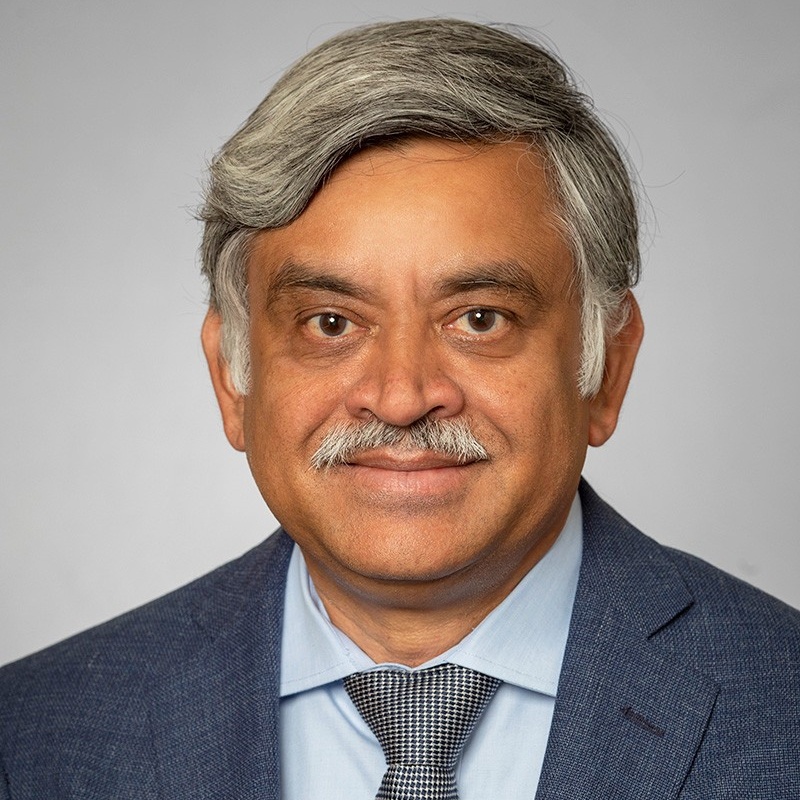
Their eight-day research visit yielded meaningful insights into the big picture of the cocoa supply chain, and Iyer says they hope to continue collecting data on the industry and building relationships and research opportunities.
The research is also an opportunity for School of Management students, as Iyer and Vedantam are creating a case study out of their findings, which will prompt students to develop their own solutions to these pressing issues.
“The impact of climate change on cocoa beans is real,” says Vedantam. “The yield got hit by about 40% this year and if you don’t have a crop to sell, as a farmer you get no revenue — which will impact nearly 3 million people just in Ghana. This issue is likely to arise in other industries, so it’s our job to work with local leaders and experts to help answer the question, ‘What can we do?’”
This collaborative, visionary thinking helps to further connect UB and the School of Management to the global community and to those taking on challenges like the ones set by the United Nations Sustainable Development Goals. UB’s new partnership will allow for more alignment with these goals as we collectively seek to find solutions that benefit all.
To learn more about the UB School of Management’s global programs and future educational opportunities, visit management.buffalo.edu/globalprograms.